How B2C impacts B2B
People’s everyday e-shopping habits are driving the switch to eCommerce platforms at companies and corporations. The same experiences are being expected and they dictate the consumerization of B2B.
Consumers are now well-versed in multichannel commerce, they are aware of how to leverage its benefits and they tend to be disappointed with the lack of similar options in professional commerce activities.
Business customers expect a consistent high quality of service, multichannel accessibility, as well as the convenience provided by self-service commerce systems. The usability standards we are talking about include a multitude of filtering options, offer personalization and a general ease of navigation through available information.
This shifts the ordering process workload back to the customer’s side and in turn opens up opportunities for classic relationship building instead of manual order process management on the sales team’s end. All this disruption creates new business models, based on more complex relationships and networks, and allow businesses to cater to entirely new types of clients, such as B2B2C.
The emerging category is called e-procurement. It is the area of modern companies’ digital business dealing with ordering over the web. It serves the purpose of automating the procurement process, planning and coordinating, budgeting and ultimately: standardization of inventory. Essentially, this facilitates business processes, lowers operational costs and saves time thanks to digitizing documentation flow.
Choosing a platform
The choice of an e-commerce, or more specifically an e-procurement platform which offers desired functionalities as standard is essential, as it can contribute to a significant reduction in implementation times and therefore: costs. It is also crucial to consider the platform architecture from the standpoint of flexibility and customization capabilities, which are often necessary in B2B applications.
Also worth noting is that an e-commerce system never exists as a standalone entity. Easy integrations with ERPs, CRMs, payment and logistics systems are often key for successfully implementing it in a company’s operational structure.
Going deeper into specific functionalities, you should look into product information and catalogue management. It is especially important for international businesses, where platform localization determines the success of multiple stores with not only multiple languages and currencies, but also independent commerce processes and even individual customer experiences.
Apart from the top-of-mind giant systems like SAP Hybris or Magento, it’s worth considering an alternative – Nemesis. Nemesis is an enterprise-tier e-commerce platform offering a rich set of built-in functionalities, perfectly suited for both B2B and B2C applications.
Nemesis – enterprise e-commerce features

Nemesis’ architecture
Modular architecture
- Marketplace with more than 120 modules
- Microservice or single application setup
- Modules for commerce (B2C or B2B), Telco, logistics, healthcare, banking,insurance, etc.
- Integration with dozens of third-party software
Cloud Native Technology
- Deploy geographically close to your customers
- Auto-scalability and elasticity
- One-click setup of production/development environments
- Options for deployment on AWS, Google Cloud, Microsoft Azure, etc.
Nemesis B2C
Below are select key functionalities for B2B e-commerce purposes, included in the platform.
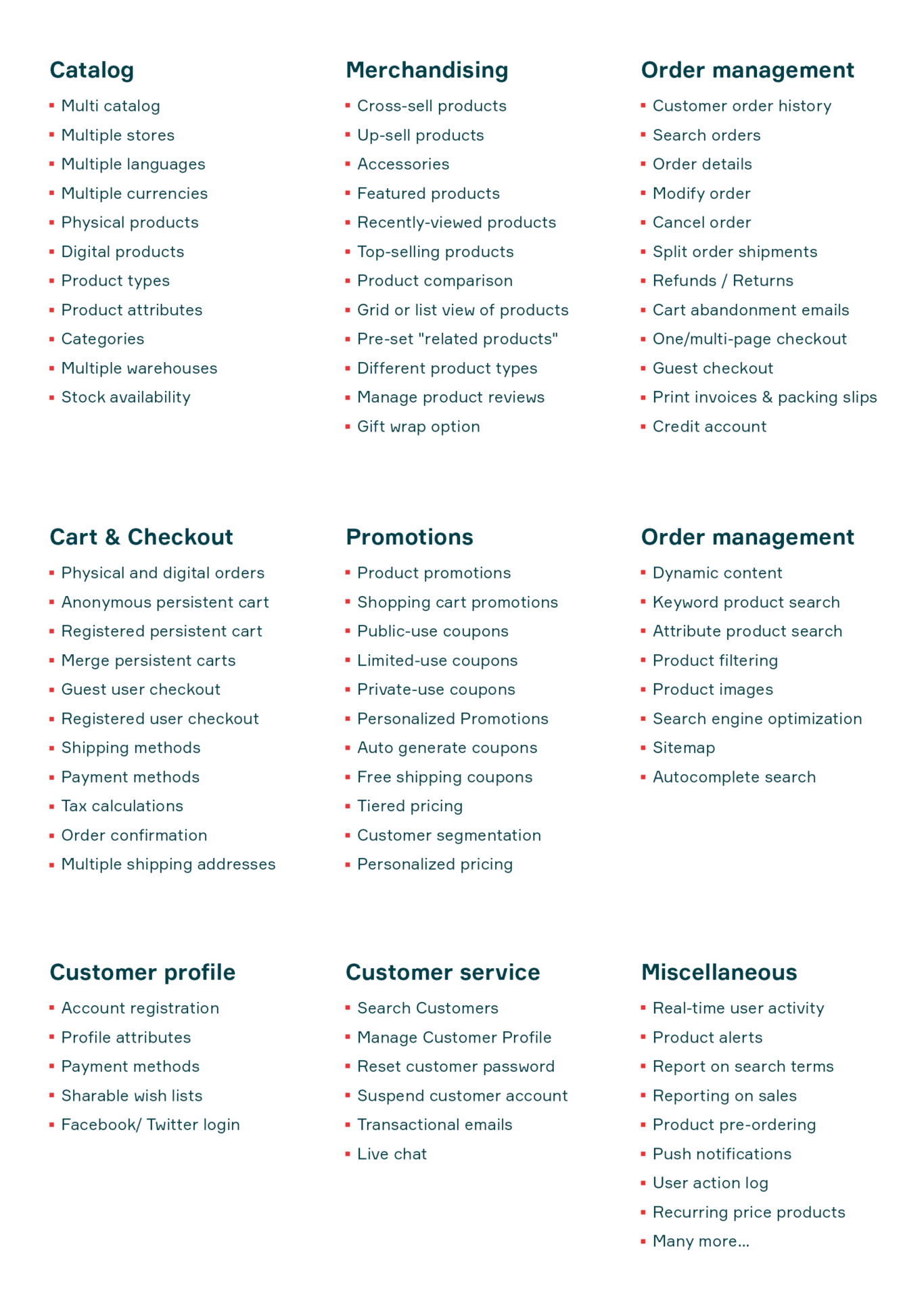
Nemesis B2B
In-built B2B commerce functionalities include:
Company Hierarchy:
- Company departments with users
- Department budgets per week, month, quarter, or year
- Purchase-limits per user
- Different levels of user-groups with different permissions
- Multiple carts per customer
- Users can switch departments
B2B Features:
- Price management/stock management per location
- Customer(company)-specific prices
- Monthly invoices with custom design
- Separate search optimizations per company/department
- Easy integration with SAP ERP
- Product lists & My catalog
- Sharing product lists between people in the same department
- Previously bought products history
- Custom product units
Flexible Taxonomy
- Our taxonomy can classify any entity, not just product
- Seamlessly exposed to search server
- Custom search configuration based on classification values
- Default values inherited from parents
- Supports both direct classification and indirect also
- Delegates can be anything – even another external classification system
- Easy migration from old classification systems
Multicatalog functionality
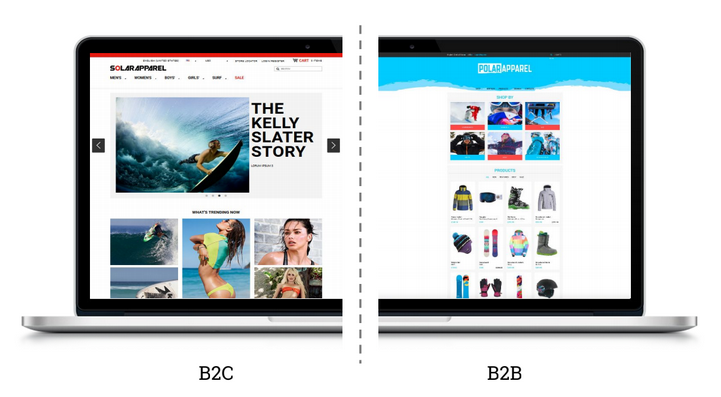
Mobile app and desktop experience
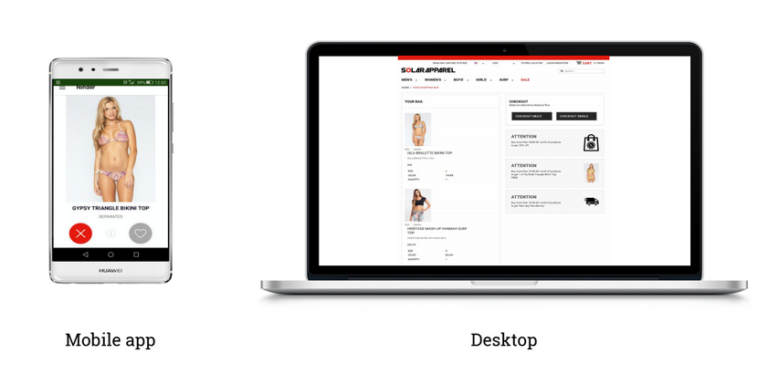
Multiple storefront
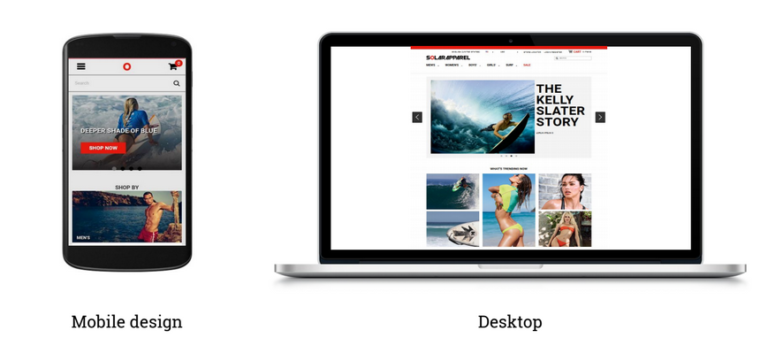
Multi currency

Multi Language

Multifaced navigation

Personalization of content
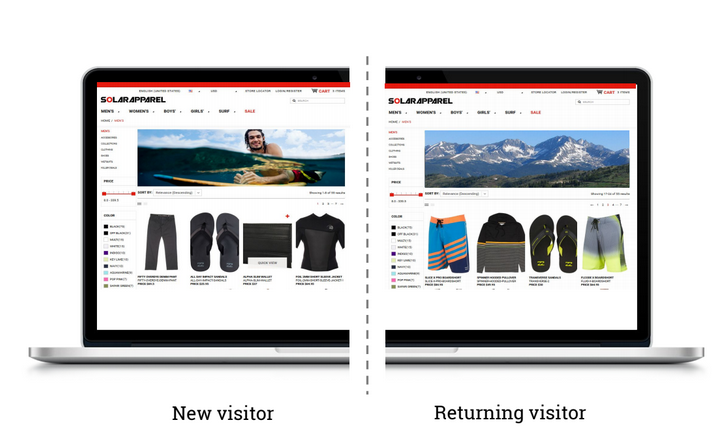
Store locator functionality
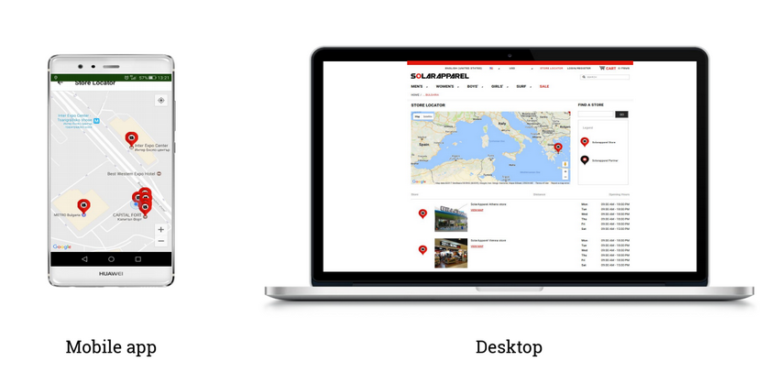
Full commerce feature set
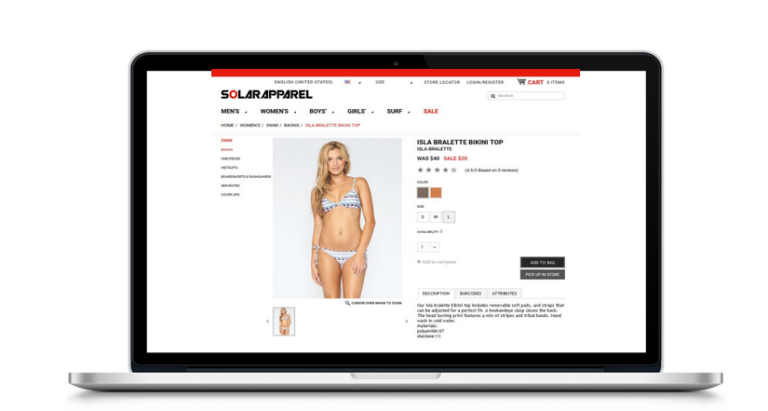
Internet of things ready
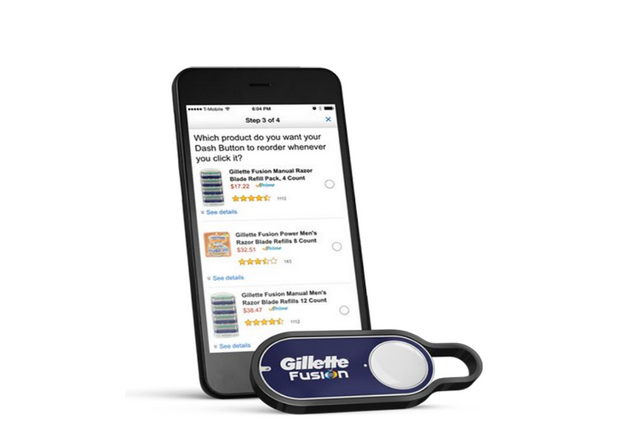
Backoffice
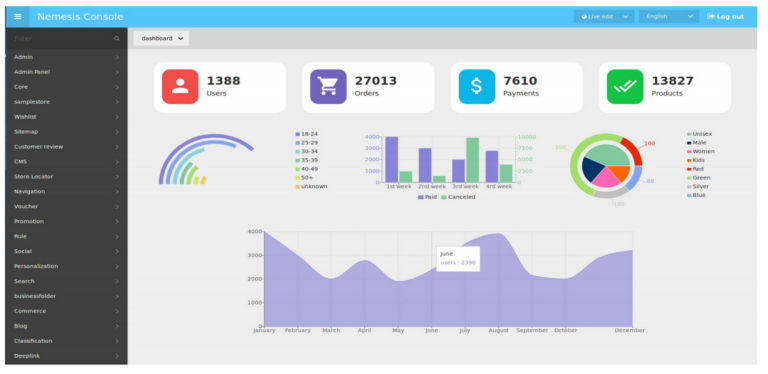
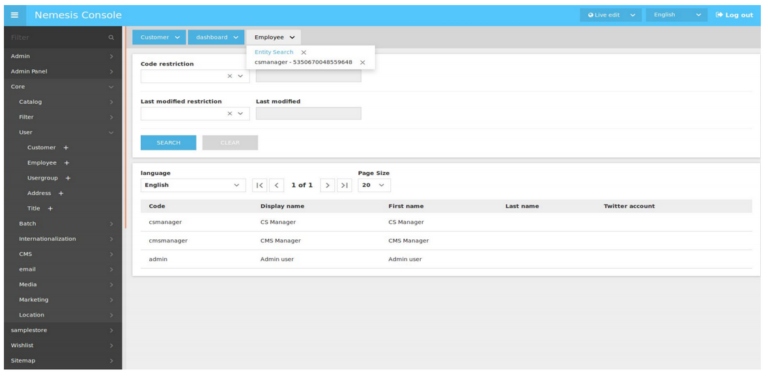
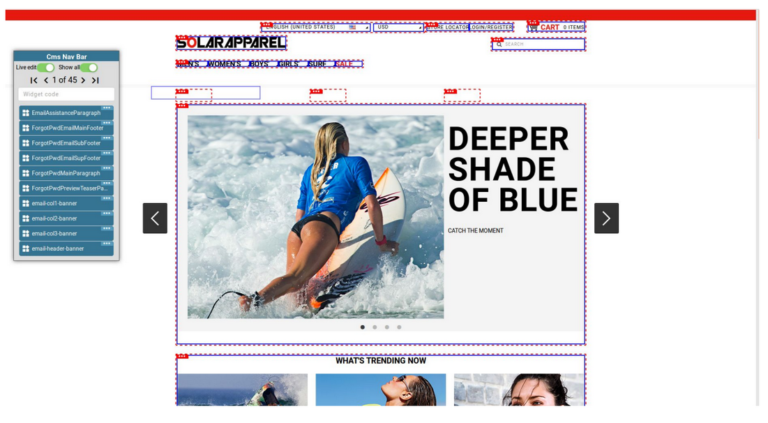
Antologic is an authorised Nemesis distributor in Poland and Europe. We are specialized in building complex systems based on Nemesis designed and developed to solve the most sophisticated business needs.
Author: Bartosz




